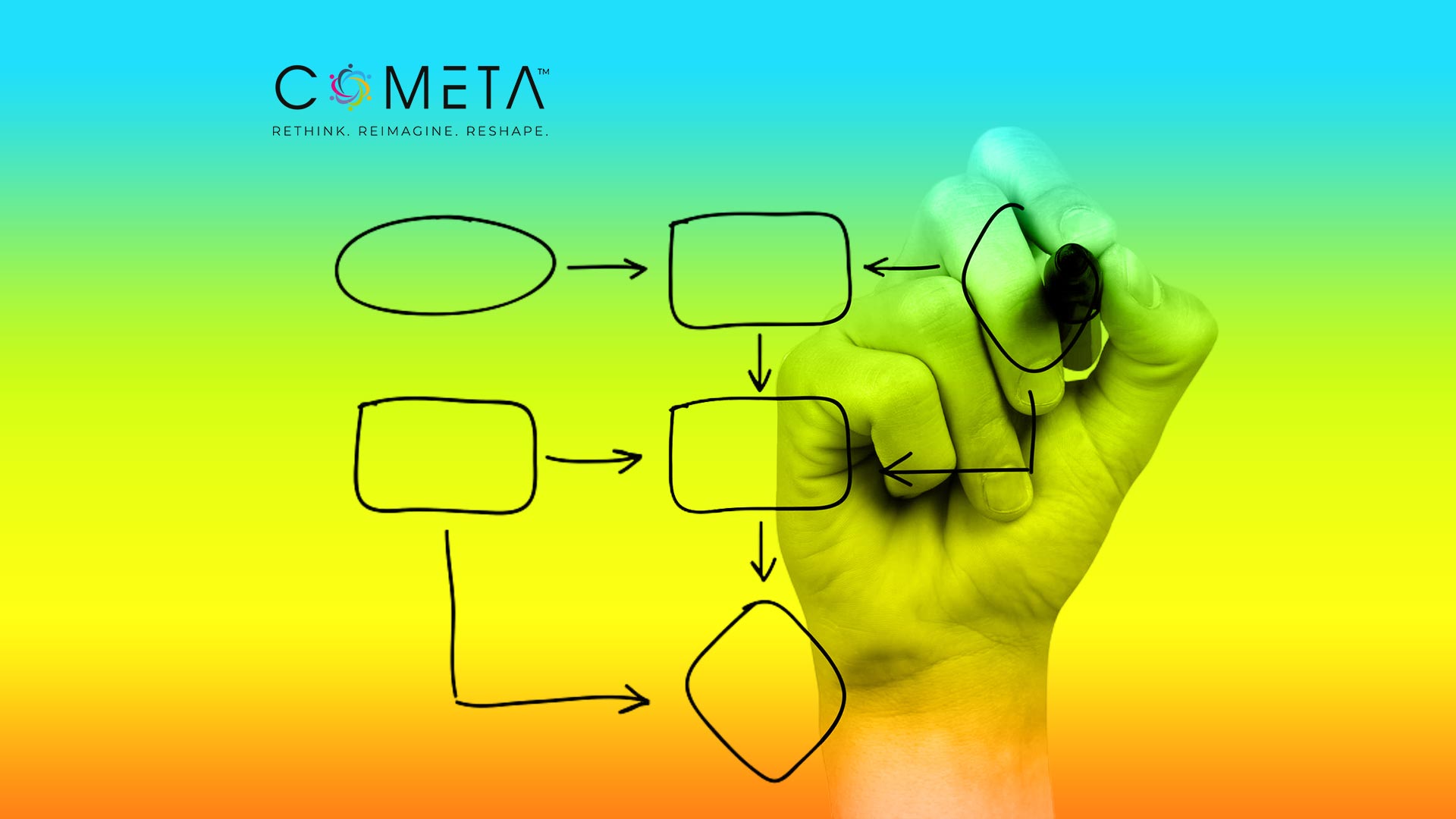Monitoring, evaluation, and learning (MEL) are words we frequently use in our civil society work, but do we really understand their significance? Read on to discover the difference between these three concepts, which are basic to our work as a civil society organization.
First MEL concept: monitoring
Clear follow-up
Monitoring refers to tracking activities within our organizations. It serves to follow up on our activities and ensure that our plans are being implemented correctly. The intention of monitoring is to ensure that we implement what we planned and that we attain our goals. This is important because we need to keep track of our activities and ensure that we are not deviating from our strategic goals. The area in charge of this duty is usually Institutional Development.
Second MEL concept: evaluation
Evaluate to grow
Evaluation is the set of methodologies that allow us to know whether the goals of a project or program are being achieved. It can also give us information about the internal functioning of organizations or institutions.
Unlike monitoring, evaluation is a set of methodologies that help us to:
● Discern the concrete results of our activities;
● Know to what extent we have come closer to achieving our advocacy goals and our internal strengthening goals;
The evaluation should provide us with evidence to measure those achievements and explain the factors that led us to attain them.
Evaluations can be about our own work, but also about public policy actions or about our advocacy agendas.
Third MEL concept: learning
What knowledge do we gain for continuous improvement?
Learning refers to the fact that the monitoring and evaluation results provide evidence to identify our lessons learned, which are inputs for improvement. This component was recently added to the reflection on evaluation. It is based on the need to stop and reflect on the purpose of evaluation. In other words, why do we want to evaluate and monitor? The immediate answer is to know how well we performed previously. Moreover, we need to gather solid evidence. That is, to leave no doubt that our results are attributable to our work.
Learning goals
The results of the evaluation should also help us to learn and innovate:
● Learning from the successes and mistakes we made along the way helps us to do things better and to be increasingly strategic;
● Innovate and achieve better results. In other words, how can we improve what we already do well? What is not working perfectly? What do we adjust to achieve what we are looking for?
Traditionally, evaluation as a discipline has been in the hands of public or private actors. However, in the defense and promotion of human rights by civil society, there is also a critical space for Monitoring, Evaluation, and Learning (MEL) of our actions to strengthen democracy and promote a more just and egalitarian society.
Each organization or institution may face different challenges, and how each defines how to make an impact may differ. However, knowing and finding evidence of whether the desired footprint is being marked deeply enough is a priority for all of them.
Come to COMETA to learn how to implement systems and processes that help your organization keep an accurate and real record of its activities. This record allows you to evaluate the results and acquire significant learning, enabling you to grow and innovate to improve things.





